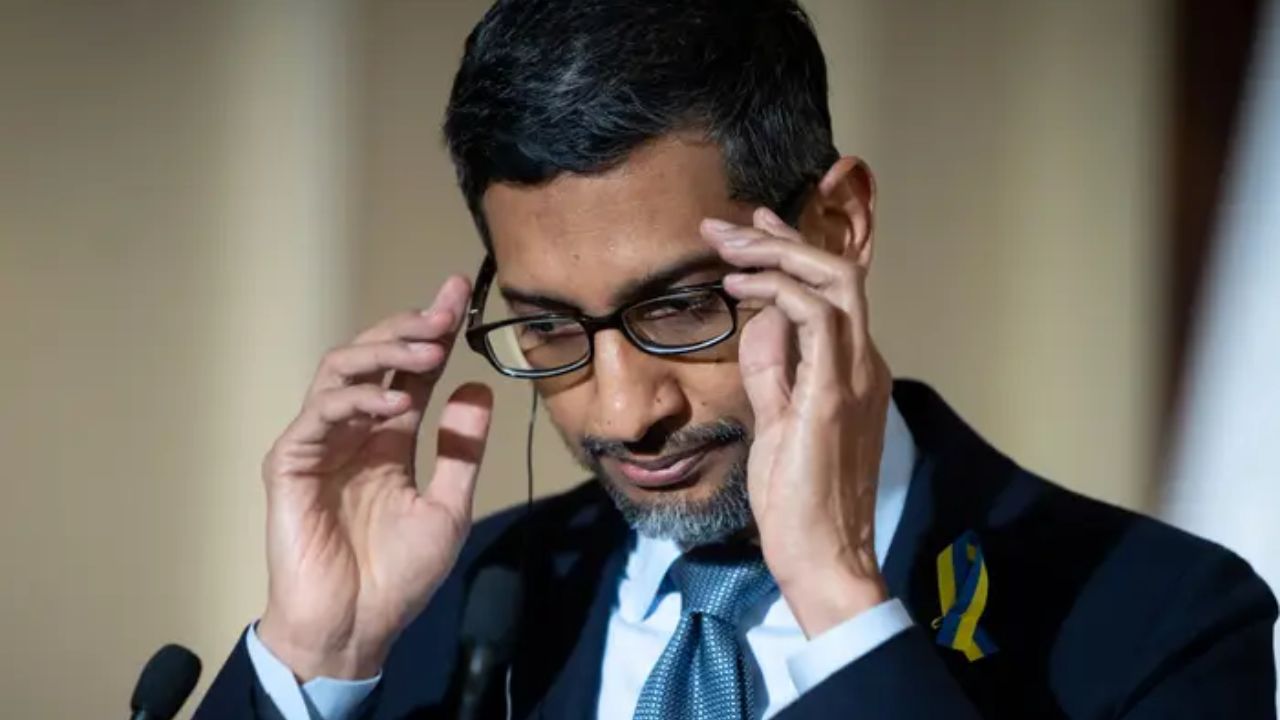Even as artificial intelligence continues to evolve rapidly, Google CEO Sundar Pichai emphasized that human talent remains central to innovation. Speaking at the Bloomberg Technology Conference in San Francisco, Pichai said Alphabet, Google’s parent company, will continue to expand its engineering workforce at least into 2026.
“We expect to grow from our current engineering base even into next year,” said Pichai. “It allows us to do more with the opportunity space. I just view this as making engineers dramatically more productive—getting a lot of the mundane aspects out of what they do.”
While U.S. tech giants like Microsoft have trimmed staff this year to offset the enormous investments required to lead in AI, Pichai stressed that Google remains committed to hiring. Google itself has undergone rounds of layoffs in recent years to redirect resources toward key growth areas, particularly AI.
Still, Pichai struck a balanced tone—optimistic about AI’s potential, yet realistic about its current limitations.
“While AI excels in areas like coding, the models continue to make basic mistakes,” he noted. “So are we on an absolute path to AGI [artificial general intelligence]? I don’t think anyone can say for sure.”
AGI refers to the long-term goal of building AI systems that match or exceed human performance across a wide range of tasks. Pichai acknowledged the ambition but cautioned against overconfidence.
Meanwhile, as Google incorporates more AI-generated content into its search results, some publishers have raised concerns that AI answers might reduce web traffic to their sites. Pichai responded by reaffirming Google’s commitment to maintaining a healthy ecosystem for content creators.
“Compared to most companies in the world, we take care to design an experience that showcases links,” he said. “We took a long time testing AI overviews and prioritized approaches that drive high-quality traffic out. I’m confident that many years from now, that’s how Google will continue to operate.”


